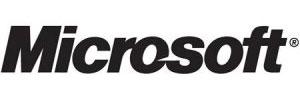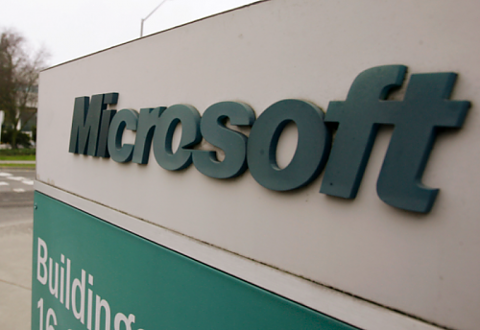
"Nobody ever got fired for buying IBM" was a common way of describing safe purchasing back in the day. It was another way of saying, "Sure, you can take a risk and try something new and interesting, but why do that when the market leader is always ready with products that are good enough to get the job done?" The latest buzz from the trenches seems to indicate that IT is still holding onto this conservative attitude, just not about IBM. Forty eight percent of the 100 IT managers surveyed by research and investment services firm ThinkEquity said they plan to standardize their company's mobile platform on devices running a Microsoft OS, including Windows Phone 7.5, Windows Phone 8, and the Windows RT tablet OS. That’s up from 44 percent just three months ago. At the same time, Android OS is trending down, from 11 to 8 percent while Apple iOS is up from 10 to 14 percent. Interesting, right? IT is committing to operating systems it’s barely had time to look at. Why? The answer is one word, and it starts with
O. IT wants to stick close to the Office suite because it’s understood, it’s ubiquitous and there really aren’t any viable alternatives. Oh, also: It's a safe choice. As a ThinkEquity analyst put it
With this continued confirmation of this surprising finding six months ago, we have increasing confidence that [Microsoft] is well positioned to leverage its Office franchise to perhaps continue to dominate the corporate PC environment as the platform shifts from desktop/laptop to mobile device.
Maybe, with an OS and application lineup that serves all mobile formats, Microsoft can finally become a player in the gadget market, an achievement that would break a 20-year losing streak. Of course, that depends on whether users like what they see. What the survey doesn’t take into account is
BYOD -- the trend toward employees using their devices for work. These days it’s often the workers, not the IT managers, who dictate what kind of mobile devices they’ll use. How many of them will race to Windows phones of their own volition? As for Windows 8 on corporate desktops, 37 percent of the managers have completed their Windows 7 deployments, while 45 percent are in the midst of rolling it out and 17 percent are still in an evaluation or piloting phase. That, as my colleague Dino Londis
pointed out, suggests Windows 8 will have a tough row to hoe on the desktop, at least for a few years. With Windows 7 finally working out, why rush to upgrade again?
 "Nobody ever got fired for buying IBM" was a common way of describing safe purchasing back in the day. It was another way of saying, "Sure, you can take a risk and try something new and interesting, but why do that when the market leader is always ready with products that are good enough to get the job done?" The latest buzz from the trenches seems to indicate that IT is still holding onto this conservative attitude, just not about IBM. Forty eight percent of the 100 IT managers surveyed by research and investment services firm ThinkEquity said they plan to standardize their company's mobile platform on devices running a Microsoft OS, including Windows Phone 7.5, Windows Phone 8, and the Windows RT tablet OS. That’s up from 44 percent just three months ago. At the same time, Android OS is trending down, from 11 to 8 percent while Apple iOS is up from 10 to 14 percent. Interesting, right? IT is committing to operating systems it’s barely had time to look at. Why? The answer is one word, and it starts with O. IT wants to stick close to the Office suite because it’s understood, it’s ubiquitous and there really aren’t any viable alternatives. Oh, also: It's a safe choice. As a ThinkEquity analyst put it
"Nobody ever got fired for buying IBM" was a common way of describing safe purchasing back in the day. It was another way of saying, "Sure, you can take a risk and try something new and interesting, but why do that when the market leader is always ready with products that are good enough to get the job done?" The latest buzz from the trenches seems to indicate that IT is still holding onto this conservative attitude, just not about IBM. Forty eight percent of the 100 IT managers surveyed by research and investment services firm ThinkEquity said they plan to standardize their company's mobile platform on devices running a Microsoft OS, including Windows Phone 7.5, Windows Phone 8, and the Windows RT tablet OS. That’s up from 44 percent just three months ago. At the same time, Android OS is trending down, from 11 to 8 percent while Apple iOS is up from 10 to 14 percent. Interesting, right? IT is committing to operating systems it’s barely had time to look at. Why? The answer is one word, and it starts with O. IT wants to stick close to the Office suite because it’s understood, it’s ubiquitous and there really aren’t any viable alternatives. Oh, also: It's a safe choice. As a ThinkEquity analyst put it


